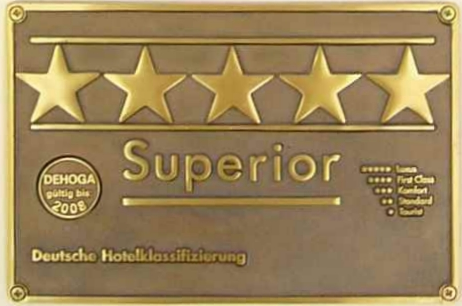As mediation seeks to claim a larger slice of the international dispute resolution pie, an increasingly important question for lawyers is: where and according to which law would I choose to have the mediation of my clients matter conducted?
Say your client is a multinational corporation doing business with numerous organizations around the globe. Your advice is to insert a dispute resolution clause with mediation as a central component. Typically we select jurisdictions with which we are familiar to do business with. Smits explains the research that backs this up. This is sometimes referred to as the status quo bias. It might be our own jurisdiction or it might be another internationally well-known jurisdiction that has been the standard home for applicable law in dispute resolution clauses for decades.
But what if the jurisdiction we know best didn’t have the best laws to support a mediation process? What if, for example, the laws on non-admissibility of mediation evidence in court were unclear? What if the attitude of the courts, while strong and clear in relation to arbitration, remains uncertain and unpredictable in relation to mediation?
Making a choice about the applicable law for a mediation clause should never be a default “in-action” on your part. Clients expect you to offer reasoned, researched and rational advice.
And then there is the situation where you find yourself committed to a mediation in another jurisdiction —thanks to a mediation clause or otherwise— and pretty quickly need toget a handle on what kind of regulatory environment you will be working in.
As a professional, you need to have a good sense of the law applicable to mediation processes in other jurisdictions where you are likely to do be doing business.
Easier said than done.
Mediation laws including codes, rules, practice directions, legislation are developing at a fairly fast pace around the world. And then there’s the jurisprudence. How are courts dealing with attempts to enforce mediation clauses, applications to admit mediation evidence and challenges to mediated settlement agreements? It’s simply too much to keep up with. So this got me thinking. What if there was something like a mediation friendly rating for countries? Sort of like a Michelin star system?
Now of course, something like this would not offer a comprehensive and complete analysis of the law on mediation on a jurisdictional basis. However, it could offer a starting point for professionals and others seeking to locate a mediation-friendly home to thrash out their disputes. For example, you might identify three jurisdictions with a high mediation friendly rating and where you generally feel comfortable doing business. This might provide a starting point for you (or your clerk :)) to do some further research to look more closely at these jurisdictions.
If there were to be such a thing as a mediation friendly jurisdictional scale, what variables would be relevant?
Here’s my top 10 starter list.
1. To what extent are cross-border and domestic mediation regulated within the same legal framework?
2. To what extent do mediation laws (soft law and hard law) offer transparency and clarity?
3. To what extent can disputants access to mediation information and mediation service? Think socio-economic and geographical/physical access.
4. To what extent are mediation and multi-tiered dispute resolution clauses likely to be enforced?
5. How “good” are the laws on confidentiality? Here “good” might mean, inter alia comprehensive in relation to who is protected and what is protected, and precise in relation to exceptions.
6. To what extent is there a real choice about the legal form of a mediated settlement agreement and effective options for enforceability?
7. To what extent do the courts support mediation in terms of: a clear line of decision-making in cases brought before them; recognition of properly drafted mediation clauses and other contractual documents; recognition of the importance of confidentiality as a central tenet of the mediation process, and so on?
8. To what extent are there incentives on legal advisers to recommend mediation?
9. To what extent does the law efficiently and effectively “suspend” litigation limitation periods when mediation commences in a pre-litigation matter?
10. To what extent is mediation more cost effective than going to court?
Of course, each variable needs to be defined in much more detail, so that we all know what we’re talking about. For example, what factors would demonstrate transparency and clarity in mediation laws? And what is meant by “soft and hard laws”?
We would also need to be clear about what ranks highly on the scale and what doesn’t. For example, In relation to those in confidentiality, we would need to set detailed guidelines about what is considered to be a good, comprehensive and practical law.
Yes, there is a subjective element determining what rating a jurisdiction receives. But that doesn’t make it not worth doing. These are challenging questions – and that’s precisely what makes them so interesting.
So dear, readers, bloggers and silent lurkers, what do you think? What other variables would you consider relevant?
________________________
To make sure you do not miss out on regular updates from the Kluwer Mediation Blog, please subscribe here.



Great suggestion Nadja, and no doubt you already have an instinct for the top three mediation friendly jurisdictions?
I would perhaps add to your list of variables: ‘how easy is it for parties to engage the mediator of their choice, esp. on cross border matters? – for instance can outside mediators parachute into the jurisdiction and work unhindered by licensing requirements (mediation as the practice of law type issues) or visa restrictions on entering the country (often at short notice) and earning money in country?’